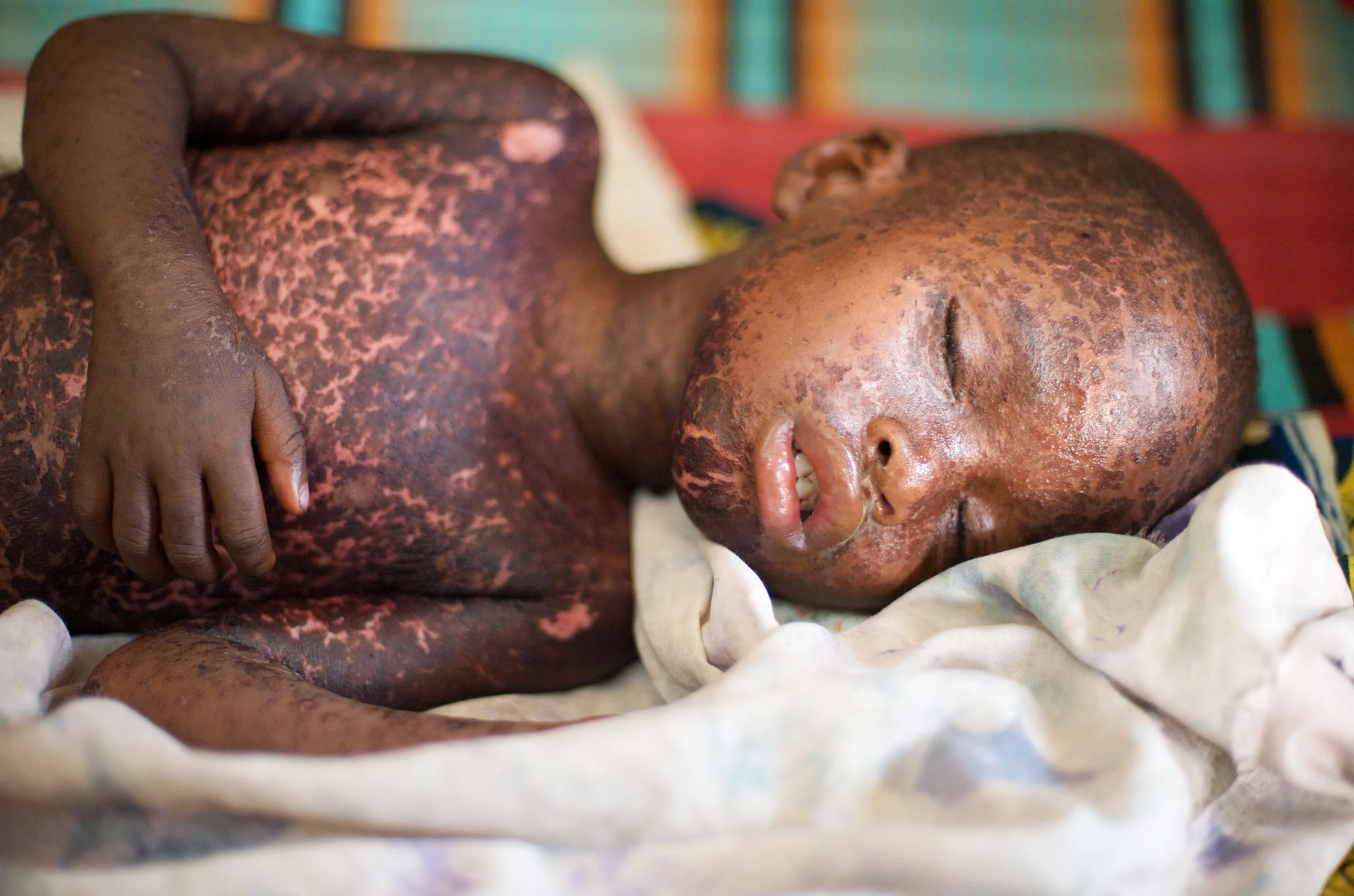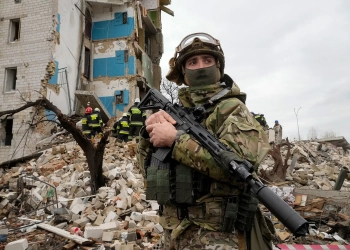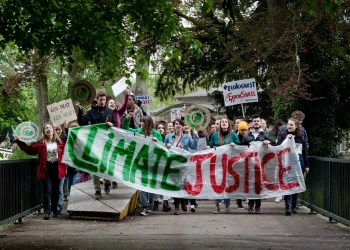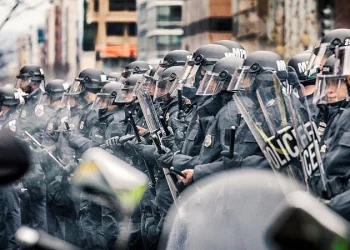A record number of children didn’t have the proper immunization dose last year.
The U.S. CDC and WHO have stated that measles immunization has declined significantly since the coronavirus pandemic began, which is why this is a serious health matter that needs to be addressed now.
The Centers for Disease Control and Prevention and the World Health Organization (WHO) released a report on Thursday, warning that measles is an imminent threat in every region of the world.
WHO Director-General Dr. Tedros Adhanom Ghebreyesus believes immunization programs are critical to getting hold of “preventable disease” and must be brought back before it’s too late.
The WHO and the CDC estimate that at least 95% of the population needs to be immunized in order to protect against epidemics.
However, only about 81% of children worldwide receive their first dose of the measles vaccine, while 71% get their second dose, the lowest global rates since 2008.

In recent years COVID-19 vaccines were developed in record time; huge vaccination campaigns took place worldwide. But the paradox is children had to miss out on life-saving vaccinations against deadly diseases like measles because routine immunization programs were disrupted.
The World Health Organization announced that India, Yemen, and Somalia Yemen had the largest measles outbreak this year.
The measles, mumps, and rubella-containing vaccine administered during childhood is believed to be the best method to prevent future outbreaks.
CDC says that nine out of ten people can become infected by the exposure of measles if they’re not vaccinated.
Measles is known to spread a great deal of the time through direct contact or in the air. If not treated, measles can cause symptoms such as fever, a skin rash on the upper neck or face, and muscle pain.
The sign of measles begins with a high fever, which usually starts about 10 to 12 days after being exposed to the virus. Symptoms such as a runny nose, cough, and red, watery eyes will develop in the early stages.
Measles-related complications in children under five and adults over 30 are considered to be serious.
The number of deaths due to measles outbreaks is staggering, with 95% taking place in developing countries. The problem is that there is no specific treatment offered for measles, meaning the risk of death among children is high.
Fortunately, a two-dose vaccine against it prevents illness and death 97% of the time.
As per WHO, a key public health strategy to reduce global measles deaths is routine vaccines for children combined with mass vaccination campaigns in countries with high case and death rates. The measles vaccine has been used worldwide for nearly 60 years, and it is safe, effective, and inexpensive. It costs about $1 per child to immunize them against measles.
In July, the U.N. publicized that 25 million children worldwide have been missing out on routine immunizations. The main reason behind it is the increased operation of the coronavirus affecting their health services or heavy doses of vaccine misinformation.














